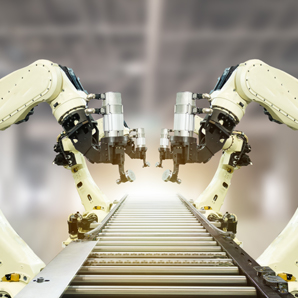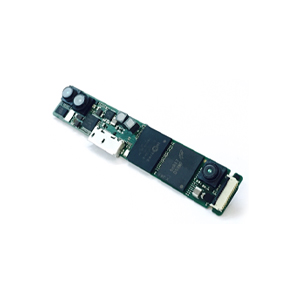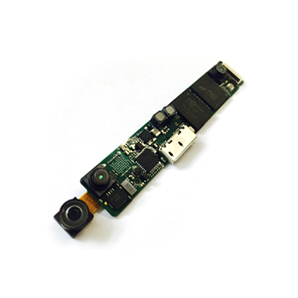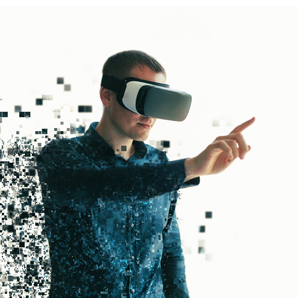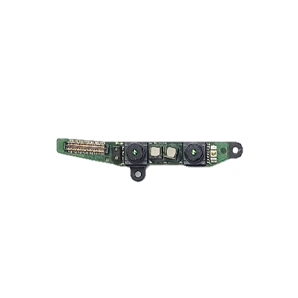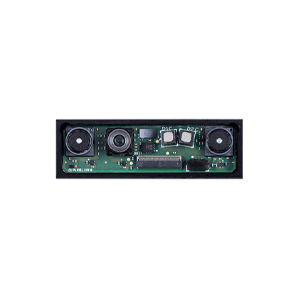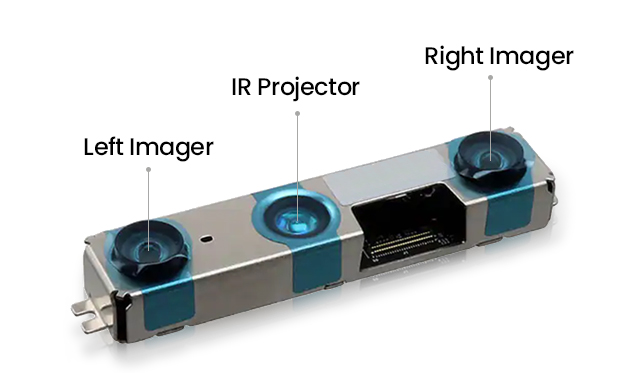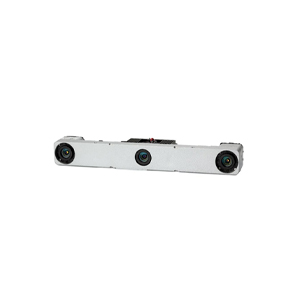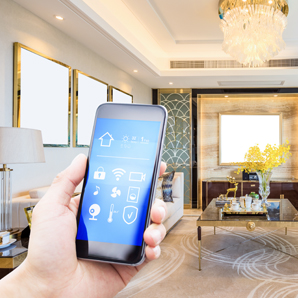3D Sensing Camera, Focusing on the 4th industry
that evolves from image taking to recognition
NAMUGA develops new technologies and leads the 3D sensing market with world-class companies.
- Dual camera based 3D sensing camera
- IR camera based 3D sensing camera
-
Image quality improvement
Thickness improvement
AF, OIS, Zoom wide-angle function replacement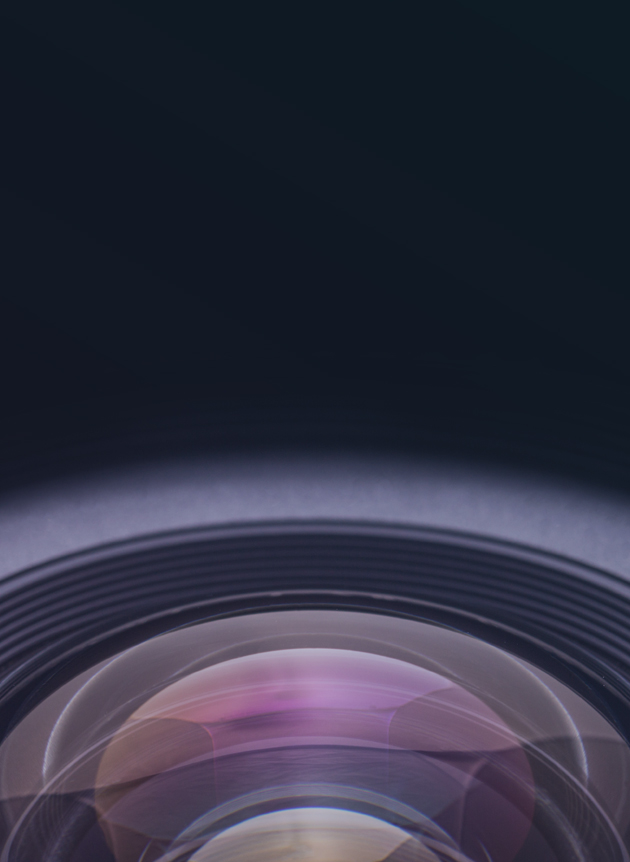
-
Background change
Distance / Area measurement
-
3D image shooting
Applying perspective
Image compositing
Face recognition, 3D scanner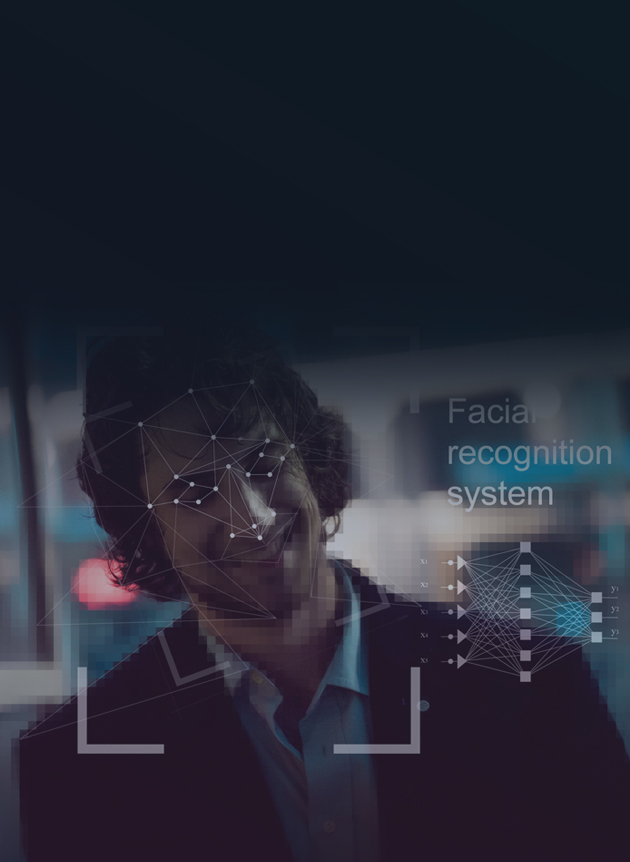
-
AR, VR autonomous driving sensor based on spatial and motion recognition
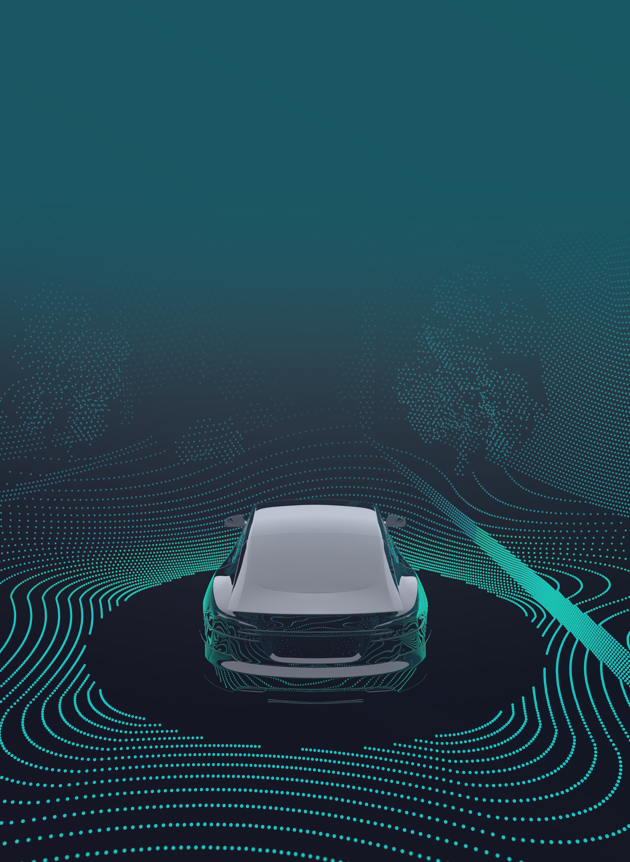
AUGMENTED REALITY(AR) & VIRTUAL REALITY(VR)
VR and AR, the core technologies of the 4th Industrial Revolution, are expanding not only to games,
but also to various industries such as education, video, sports, government, and medical services.
NAMUGA is leading the AR and VR markets based on depth sensing module technology.
INDUSTRIAL & ROBOT
AR & VR DEVICE
STAND ALONE DEVICE
RealSense, jointly developed by Intel and NAMUGA, has become the standard for
small 3D sensing form factor cameras used in robotics or AR and VR applications.
HOME IoT DEVICE
Real-time monitoring of residential environment for artificial intelligence robots is rapidly growing
into a new market due to the blooming of home IoT and 5G era, and NAMUGA provides a precise
sensing solution based on accumulated technology.
NAMUGA, FUTURE OF DEPTH SENSING
Depth sensing technology is increasingly evolving into high definition, ultra-small, and ultra-thin, and to satisfy this,
precise technology in various areas such as lenses, light sources, and manufacturing technology is required.
Based on our experience with world-class companies, NAMUGA provides customized solutions to customers in the
entire range from design to instrumentation, thermal, optical analysis and evaluation, and product production.
-
-
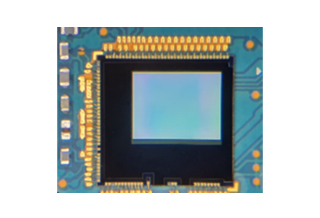 Image Chipset
Image Chipset
- Datasheets
- Device in MP
- E2E Support on Chipset operation
-
-
-
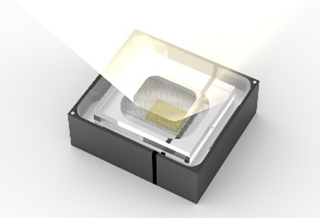 Lens/Illumination
Lens/Illumination
- Guidance on Lens/Illumination Selection
- Introduction to vendors
-
-
-
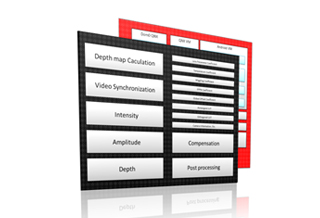 Processor
Processor
- High level support on compatibility related questions
-
-
-
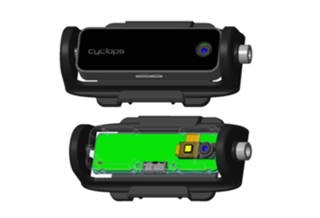 Board Design
Board Design
- Schematic/Layout of TI EVM as reference
- Review customer board layout
- Guidance on system Calibration
-
-
-
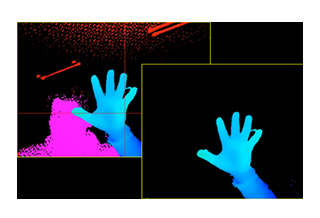 Point Cloud Generation
Point Cloud Generation
- Voxel SDK (open source)-drivers & depth visualization
- Linux/Win7 compatible
-
-
-
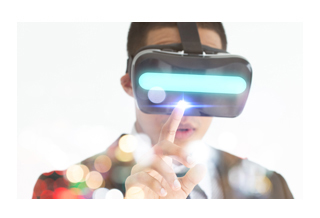 Application (Gesture, Navigation, ETC)
Application (Gesture, Navigation, ETC)
- Application related White papers
- System estimator Toll for system eval
- Introduction to 3rd parties
-
